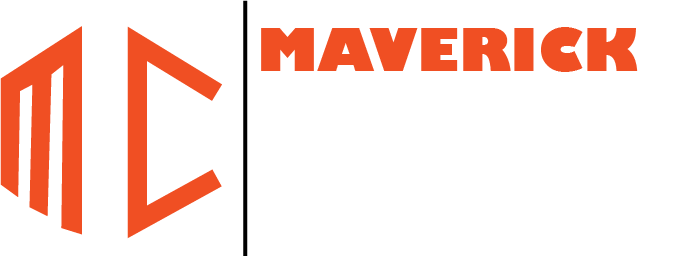MEAN STACK FOR BEGINNERS
Master full-stack web development with our MEAN Stack course, covering MongoDB, Express.js, Angular, and Node.js to build and deploy scalable web applications.
Total Courses
10
Level
Beginner
Duration
25 Days
Schedule
Flexible
Earn a professional certificate
Update your LinkedIn profile, resume, or CV with this certification. Share it on social media and during your performance evaluations.

Key Features Of This Course
SKILLS COVERED
Course Details
1. Basics of JS
2. Functions
3. Prototypes
4. Inheritance
5. Classes
6. Error handling
7. Promises
8. Async/Await
9. Modules
1. Introduction to MongoDB
2. Introduction to Express
3. Introduction to AngularJS
4. Introduction to Node.js
5. NPM
1. Overview Advantages of NoSQL
2. MongoDB Compass
3. Data Modeling
4. Manage Database
5. Collection
6. Data Types
1. Overview Hello World Application Routing
2. HTTP Module
3. URL Building
4. Work as Middleware
5. Form Data
6. Authentication
7. RestFul APIs
8. Error Handling
9. Debugging
1. MongoDB Basics
2. Component-Based Architecture
3. Performance Optimization
4. Deployment Strategies
1. Component-Based Architecture
2. Deployment Strategies
3. Background Jobs and Task Scheduling
1. MongoDB Basics
2. Express.js Framework
3. Deployment Strategies
4. Serverless Architecture
1. UI/UX Design Integration
2. Server Security
3. DevOps Practices
4. Real-Time Communication
1. MongoDB Basics
2. Node.js Fundamentals
3. User Authentication and Authorization
4. Routing and Navigation
1. Frontend-Backend Integration
2. Server Security
3. Testing and Debugging
4. Express.js Framework

GET 100% JOB PLACEMENT BY ENROLLING IN CERTIFIED TRAINING COURSE
JOB ROLES
Frequently Asked Questions
MEAN stack is a collection of JavaScript-based technologies used for building dynamic web applications. It includes MongoDB (a NoSQL database), Express.js (a web application framework for Node.js), Angular (a front-end framework), and Node.js (a server-side JavaScript runtime). Together, these technologies enable developers to create scalable and efficient full-stack applications entirely in JavaScript.
Node.js is a server-side JavaScript runtime environment built on Chrome’s V8 JavaScript engine. It allows developers to run JavaScript code outside of a web browser, making it ideal for building scalable network applications, handling asynchronous I/O operations, and creating server-side APIs and web services.
MongoDB is a popular NoSQL database management system that uses a document-oriented data model. It stores data in flexible, JSON-like documents, making it easier to handle and scale data across distributed systems. MongoDB is widely used for its flexibility, scalability, and ease of integration with web applications.
